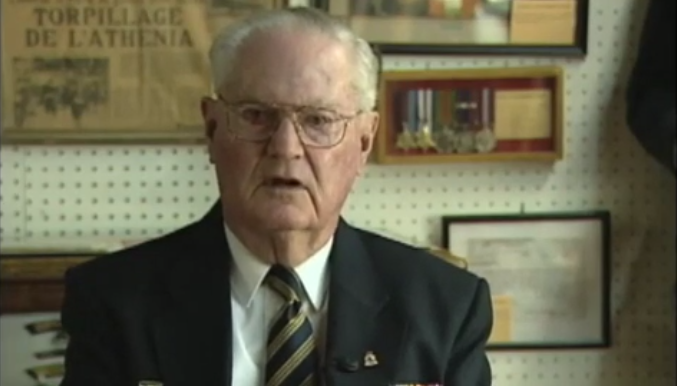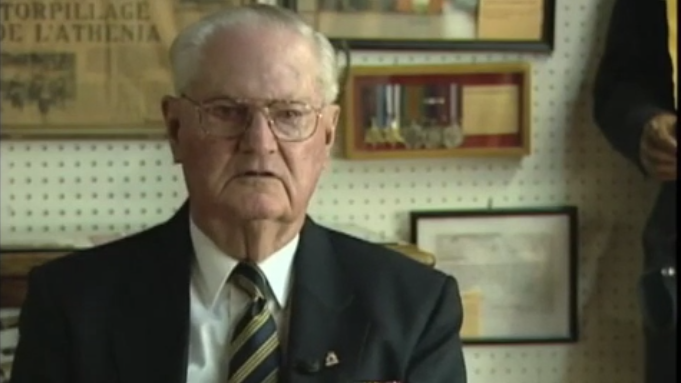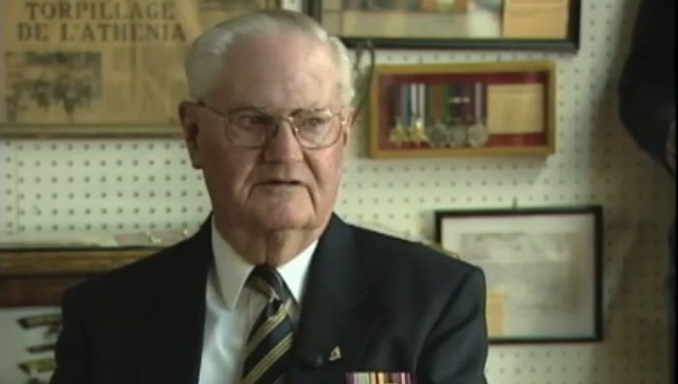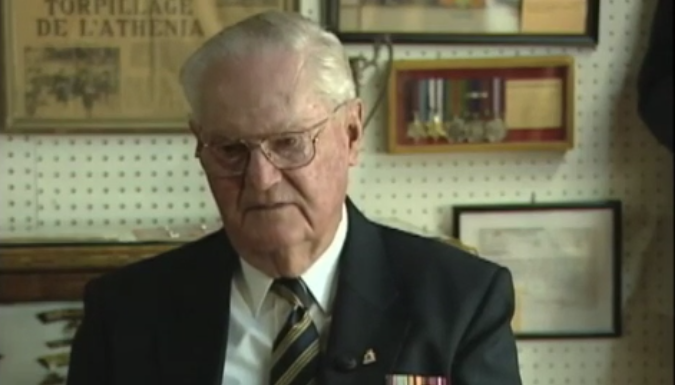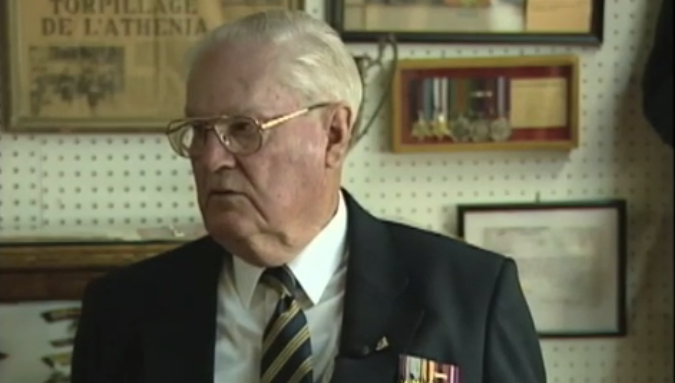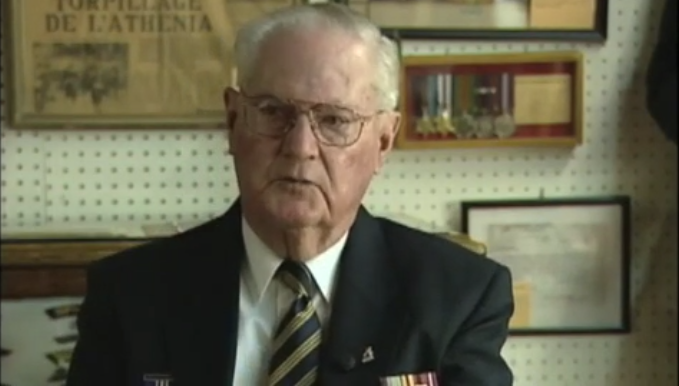Engine Failure: Down Behind Enemy Lines
Heroes Remember
Engine Failure: Down Behind Enemy Lines
Transcript
Description
Mr. Spear recalls the ill fate he met with after turning down leave because he felt he hadn't accomplished anything yet, and volunteered for a mission.
Allen Maxwell Spear
Mr. Spear lived in Sussex, New Brunswick, before attending Business College in Saint John - he worked in Bathurst, New Brunswick, for a number of years before joining up. Mr. Spear had not enjoyed his Army camp experience in high school and was attracted to joining the Air Force, particularly as a fighter pilot, because of the recognition the Air Force was receiving in the Battle of Britain. He joined as soon as the Air Force lowered the education requirements to high school which allowed him to qualify. After much basic and initial flight training, Mr. Spear was excited to begin Spitfire training in England in fall 1941. In early 1942, he was stationed to North Africa. The camp locations changed often as the RAF and German Air Forces leapfrogged back and forth across the desert. A few months later (July 1, 1942), his engine gave out during a mission. He landed his plane behind German lines, was captured as a POW, and was shipped to Sulmona, Italy for internment. In September 1943, when the Italians capitulated, the POWs at the Sulmona camp escaped. Mr. Spear, along with two other Canadian POWs managed to escape by travelling along the mountains, avoiding the valleys where they were more likely to run into Germans, until they met up with other Canadian troops in November 1943. After being shipped back to England, Mr. Spear was returned to Canada to serve as a Staff Pilot at a Bombing and Gunnery School in Mountainview, Ontario. A post he held until the end of the War, at which time he was discharged.
Meta Data
- Medium:
- Video
- Owner:
- Veterans Affairs Canada
- Duration:
- 03:12
- Person Interviewed:
- Allen Maxwell Spear
- War, Conflict or Mission:
- Second World War
- Location/Theatre:
- North Africa
- Branch:
- Air Force
- Rank:
- Sergeant
- Occupation:
- Spitfire Pilot
Related Videos
- Date modified:



